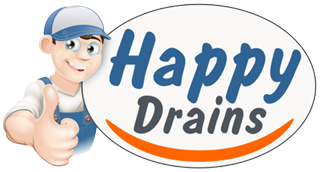Have you ever thought about what happens when you flush your toilet? We imagine not, but flushing is only the start of our wastes incredibly thought out and put together journey.
Sewers
After our toilet waste has been flushed away, it leaves our homes and enters the nearby sewage system. The waste will then join wastewater from other homes, where it will be carried to a sewage treatment plant.
The wastewater is then screened to remove large objects that should not be present. This can include nappies, sanitary items, sand and grit. White oil and grease are also removed from the surface.
Primary Treatment
Once all large items have been removed, the wastewater can begin treatment. Filtered wastewater is stored in settlement tanks, where it is mixed with oxygen to help smaller particles of contaminant form into bigger chunks (flocs). Once these are heavy and large, they will fall to the bottom of the tank and form a sludge. Workers will push the sludge towards the middle of the settlement tank, where it will be removed for further treatment.
Secondary Treatment
The wastewater, now relatively clean, will then go through a secondary treatment. Bacteria is added, which feeds on the harmful pathogens that are present. This bacterium relies on oxygen, so it is added to the waste water to allow them to multiply. Once the pathogens have broken down, the water is moved to another tank where it goes through a filtering and disinfecting process. It is then pumped back into homes.
Sludge
Once the sludge has left the settlement tanks, centrifuges are used to dry it out. Centrifuges spin extremely fast, forcing the sludge in one direction and the liquid in another. Once the liquid has been reduced, the sludge goes to a thermal hydrolysis plant, where it is boiled under high pressure and then decompressed.
The sludge is then cooled, and more bacteria is added to break the sludge down. Methane is produced as a by-product, which is used to generate electricity and heat.
The sterile sludge is dried and will go into the agricultural industry to be used as fertiliser.
Bates Environmental is the leading independent sewage treatment specialists throughout Lincolnshire and nearby areas. For more information about how we can help you, please get in touch with the team today by calling us on 0800 043 37 11 or via our contact page.



